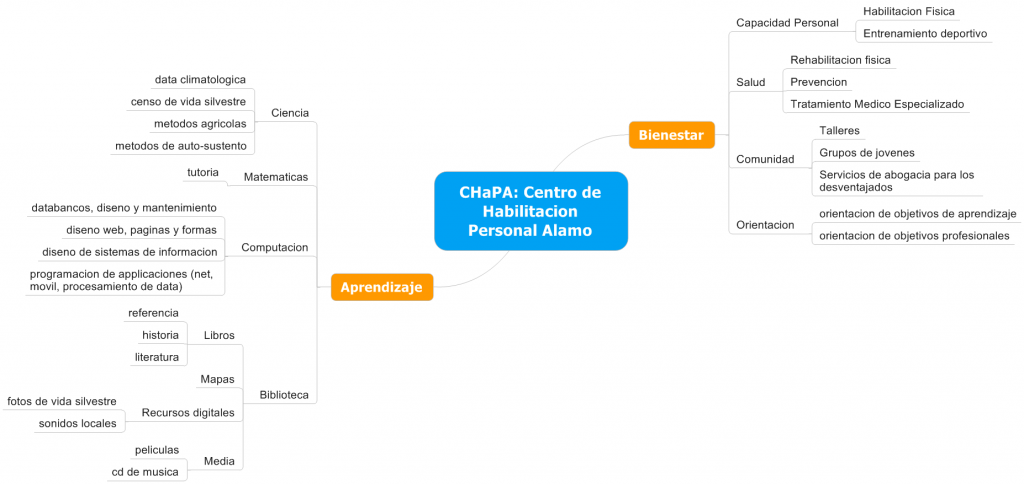I’ve been trying to build a strategy for some time now on how to go about rehabilitating my property in Puerto Rico. Three acres is just large enough to build a self-reliant extra-urban farm house. But, for a guy that spent half his life moving opposite of a farming life, its a bit of a struggle to find oneself squarely back in the drivers seat. The rest of the family has been holding its breath to get direction from me on how to execute the re-development strategy. Everyone admittedly agrees on the objectives: depend solely on solar, solar-thermal and wind for energy, re-use water wisely, make room for plant rotations; and even allowing for the pursuit of my personal passion of keeping track of it all using information tools.
Not only are we having to change our approach from what we had learned from our grandparents. Now we had a responsibility to share in our knowledge with the community, to build a wider network to support community sustainability and self-reliance.
This wasn’t about money, it wasn’t about egos, pride or recognition; but, about a promise to my Abuelo to preserve his deed to the world… Moreso, personally, about what is right to return to a state of balance with the world. For as much as I love digital gadgets and appreciate the value of virtual existences (my bread and butter), we must learn to put down the distractions and take care of our planet so it can carry out its role in nurturing us.
Until this past weekend, when I chanced upon a brilliant puertorrican soul in the guise of one Glorimar Santiago, and her thesis on sustainability in the Caribbean, I was not sure exactly how to make that change happen in my native Trujillo. Glorimar’s thesis (http://www.designclot.com/sustainabilityinthecaribbean.aspx) provides a blueprint upon which to soundly base a growth strategy. Yet, it goes beyond that. It provides us a means by which we can structure learning opportunities for others, to work with local educators and technologists to put our youth to work on building our future by engaging in small plot agriculture as a basis for their application of math, biology, chemistry, agronomy, renewable energy resources and information sciences methods.
The future just got brighter as there is a clear path towards local partnerships that will help me realize the CHaPA project–a draft mental model for which I append below.
I recommend to anyone else that is interested in growing a sustainable living movement to read up on permaculture through www.thinkgreentank.com, and register to contribute to the conversation. Glorimar’s thesis presentation slides can be downloaded here: http://thinkgreentank.com/files/Presentation_oficial_NO_ANIMATIONS.pdf.
